Sri Lanka Culture and Traditions: 4 Etiquette Tips
Before you dive head-first into Sri Lankan culture, here are our top tips to avoid embarrassing yourself or disrespecting local customs and traditions.
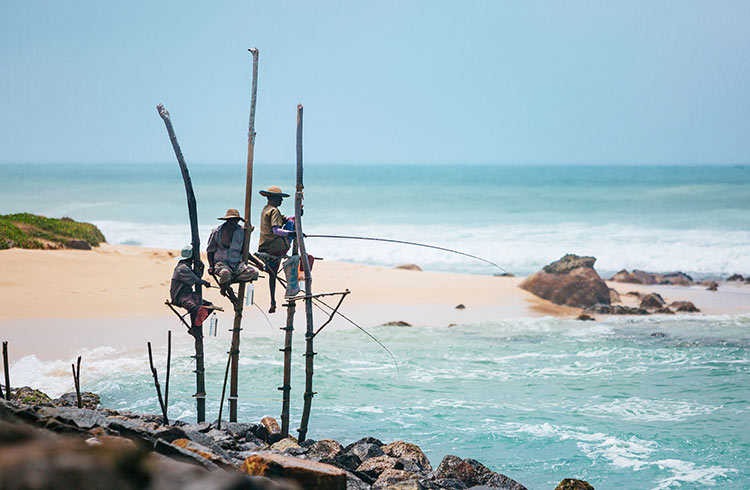 Photo © Getty Images/Andrey Danilovich
Photo © Getty Images/Andrey Danilovich
In Sri Lanka, cultural traditions and customs are held in high regard. The culture has long been influenced by Theravada Buddhism, and the religion is particularly strong in the southern and central regions of the country. Before you go, be in the know with these handy etiquette tips.
- Using your hands in Sri Lanka
- Respecting Buddhist culture in Sri Lanka
- Public photography etiquette in Sri Lanka
- Social etiquette tps in Sri Lanka
Using your hands in Sri Lanka
Like many people in the world, Sri Lankans don't use cutlery,
It's polite to use your right hand when shaking hands or handing money and small objects to someone else. Of course, you can use both hands for something large and heavy.
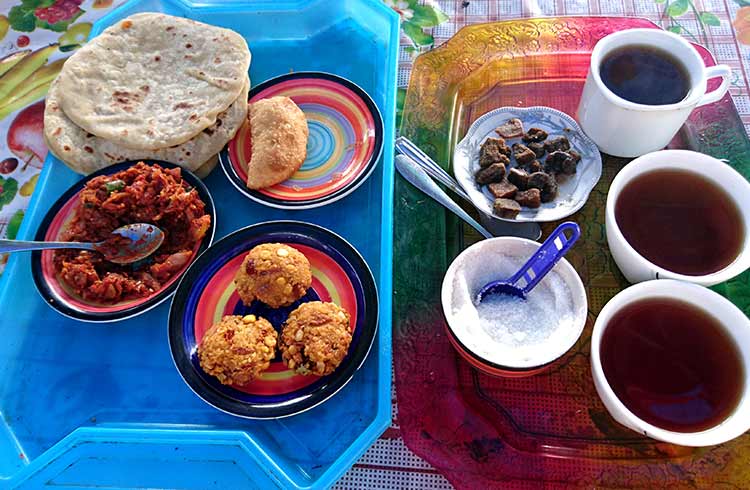
Respecting Buddhist culture in Sri Lanka
Buddhism is the main faith in Sri Lanka, and more than 70% of the population is Buddhist. The remaining population follow Hinduism, Islam or Christianity.
Never touch or pat the top of the head of a Buddhist monk, including young children at temples. As religious leaders of the community, they are to be respected.
Do not turn your back to (or be alongside) a statue of Buddha that is nearby. If in doubt, look at the behavior of the locals around you. This includes posing for photos; it's okay to take a photo of a statue, but anyone in the photo should be facing Buddha, not standing beside or with their back to the statue.
Don't wear any clothing that features Buddha or any other deity. It is considered disrespectful and insensitive, and could incur the wrath of authorities. If you have a tattoo of the Buddha, keep it covered.
Always be polite to monks. Offer them a seat if you're on a crowded bus (unless you're elderly or disabled). But don't shake hands with monks, especially if you are a woman. Instead, you can give the traditional greeting (placing your hands together in a prayer-like gesture and bowing slightly).
If you're entering a temple, cover your shoulders and legs, and remove footwear and headwear before heading inside. You should also always remove your shoes before entering someone's home.
Public photography etiquette in Sri Lanka
The vibrant colors and culture of Sri Lanka make it a photographer's paradise. However, there are a few things to consider before getting too snap happy.
Depending on where you plan to photograph, some sites require a permit which covers photography, filming, parking and entrance fee. These sites are generally only accessible between 6am and 10am.
Some temples prohibit photography. Avoid taking photos inside shopping malls and inside tea factories (outside is okay). Be especially careful in Fort, Colombo (except when you're on the beach). If local soldiers are standing guard, put your camera away.
Don't rely on signs alone, as sometimes they are old or misleading. For example, one end of a bridge may have a "No Photography" sign, but not the other. There have been instances where foreign nationals have been detained by the police after taking photographs of buildings or vehicles used by VIPs. These include numerous sites in central Colombo. Use of video and/or photography is prohibited near military bases and government buildings.
You might encounter snake charmers in Colombo, but for the welfare of the animals, never pay for photographs, as there is a worldwide movement to ban this cruel, exploitative practice (often the fangs are removed, and when the snake is finally released it cannot feed itself).
Social etiquette tips in Sri Lanka
Public displays of affection (PDA), such as kissing and/or hugging, may be frowned upon. In Sri Lanka, PDA is considered to be private behavior. Holding hands and affection between parents and their children are allowed.
Public nudity is illegal in Sri Lanka. So, if you were hoping to skinny dip and sunbathe nude or topless, stick to the private beach resorts which allow it (but ask first to avoid embarrassment).
LGBTQ travelers should be aware that same-sex relations are still illegal in Sri Lanka.
Security checkpoints are common. You must carry a form of official photographic identification on you at all times, but keep them safe from potential pickpockets.
Our best advice? Behave as the locals do, learning from them is the best way to avoid offending someone, and potentially getting into trouble.
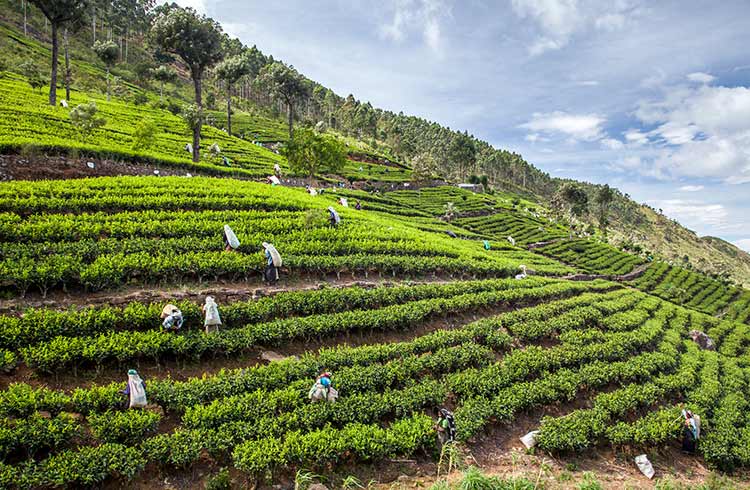
Related articles
Simple and flexible travel insurance
You can buy at home or while traveling, and claim online from anywhere in the world. With 150+ adventure activities covered and 24/7 emergency assistance.
Get a quote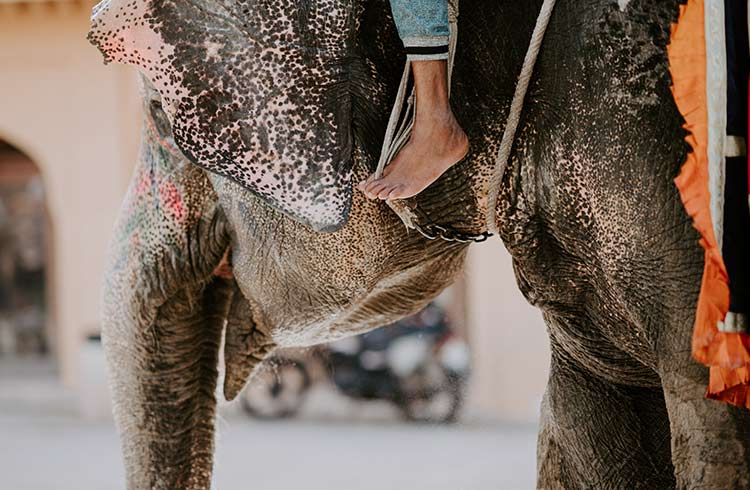
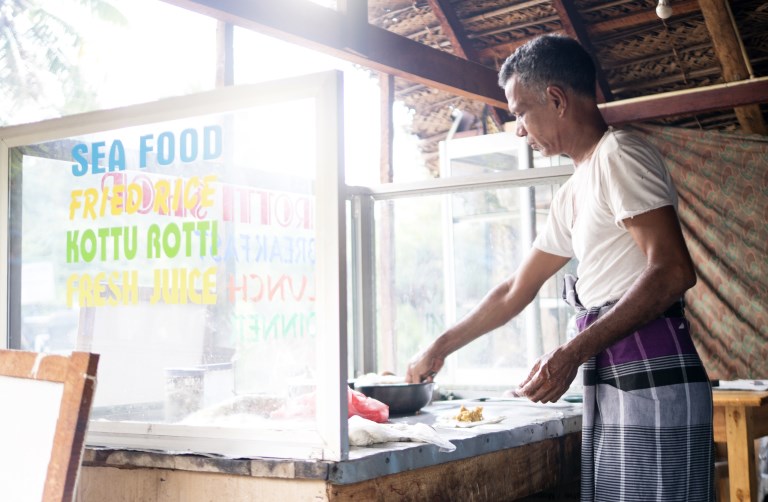

No Comments